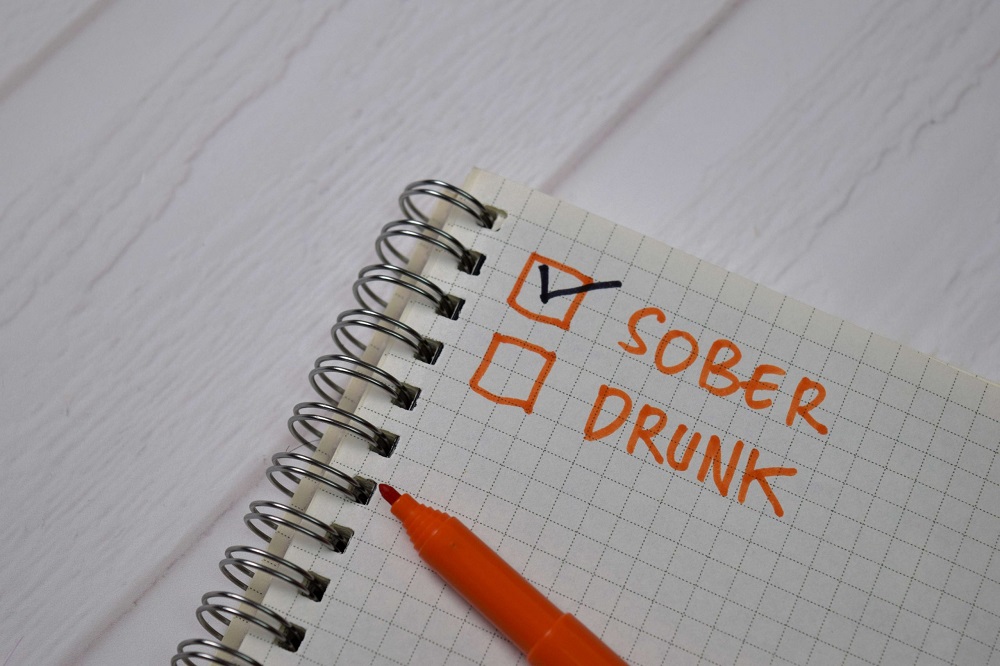If you’re living with alcohol use disorder, quitting drinking is important for your health. But quitting on your own can pose risks to your health and is unlikely to be successful. Rehabilitation facilities can help you on your path to sobriety by addressing alcohol withdrawal symptoms and becoming involved in sober living support groups, like AA. Whether you’re a daily imbiber, heavy drinker, or frequent binge drinker, you’re likely to experience withdrawal symptoms when you quit. Unfortunately, there’s little to no evidence that tapering off reduces the effects of alcohol withdrawal, some of which can be severe or even life-threatening. Quitting with proper medical supervision may be more important than whether you stop gradually or all at once.

Reach out for support
If you’re alternating drinks, it’ll make it easier to drink less in an evening. It’s a great opportunity to try new alternatives soft drinks. Here are 11 simple tips below to help you start cutting down today. People who drink more frequently are much more likely to have symptoms of dependence and might find it more difficult.
How much alcohol is okay to drink?
Whether it’s improved relationships, better health, or weight loss, keeping the “why” in sight can help boost your motivation. Get helpful tips and guidance for everything from fighting inflammation to finding the best diets for weight loss…from exercises to build a stronger core to advice on treating cataracts. PLUS, the latest news on medical advances and breakthroughs Top 5 Advantages of Staying in a Sober Living House from Harvard Medical School experts. “Everybody knows prices are still going up – energy prices are still record high almost.” However, daily standing charges are going up – which means those who use more energy will feel the most benefit from the price cap fall… Finally, energy bills will fall again in July after Friday’s price cap announcement.

Buddy up with a friend or family member

If you regularly drink more than 14 units of alcohol a week, try these simple tips to help you cut down. Professionals in the alcohol treatment field offer advice on what to consider when choosing a treatment program. Ideally, health professionals would be able to identify which AUD treatment is most effective for each person. NIAAA and other organizations are conducting research to identify genes and other factors that can predict how well someone will respond to a particular treatment. These advances could optimize how treatment decisions are made in the future. It is important to remember that not all people will respond to medications, but for a subset of individuals, they can be an important tool in overcoming alcohol dependence.
Before you start drinking, set a limit on how much you’re going to drink. Evaluate the coverage in your health insurance plan to determine how much of the costs your insurance will cover and how much you will have to pay. Ask different programs if they offer sliding scale fees—some programs may offer lower prices or payment plans for individuals without health insurance.
You can use a handwritten note that you keep in your wallet or record your drinks on your smartphone, whatever is more convenient for you. If you’re having https://minnesotadigest.com/top-5-advantages-of-staying-in-a-sober-living-house/ trouble doing the same things you used to do, try new hobbies to fill your time. Join a gym, learn a new skill, or find sober social groups you can enjoy.
- All the same, “a quick drink” often turns into three or four drinks.
- The known outcomes are modest – the success rate is estimated to be around 10% and the dropout rate appears high.
- Learn about the increase in contaminated drugs and steps you can take to reduce harm.
- PLUS, the latest news on medical advances and breakthroughs from Harvard Medical School experts.
- But given my attempts at more traditional methods had failed, I was cynical but intrigued – and agreed to try.
It is usually better to stop altogether (“cold turkey”) as long as you have medical support. You can undertake withdrawal treatment in a hospital, at home with the help of a GP or nurse, or via telehealth. Alcohol withdrawal typically lasts about five to seven days.
Looking Ahead: The Future of Treatment
Once you make one change, it’ll be easier to make another – small changes can add up to make a big difference to how much you drink. The more of these signs you have and the more severe they are, the more dependent you’re likely to be. We’ve seen an increased demand for support, suggesting more people are trying to cut back or quit.

Leave a Reply